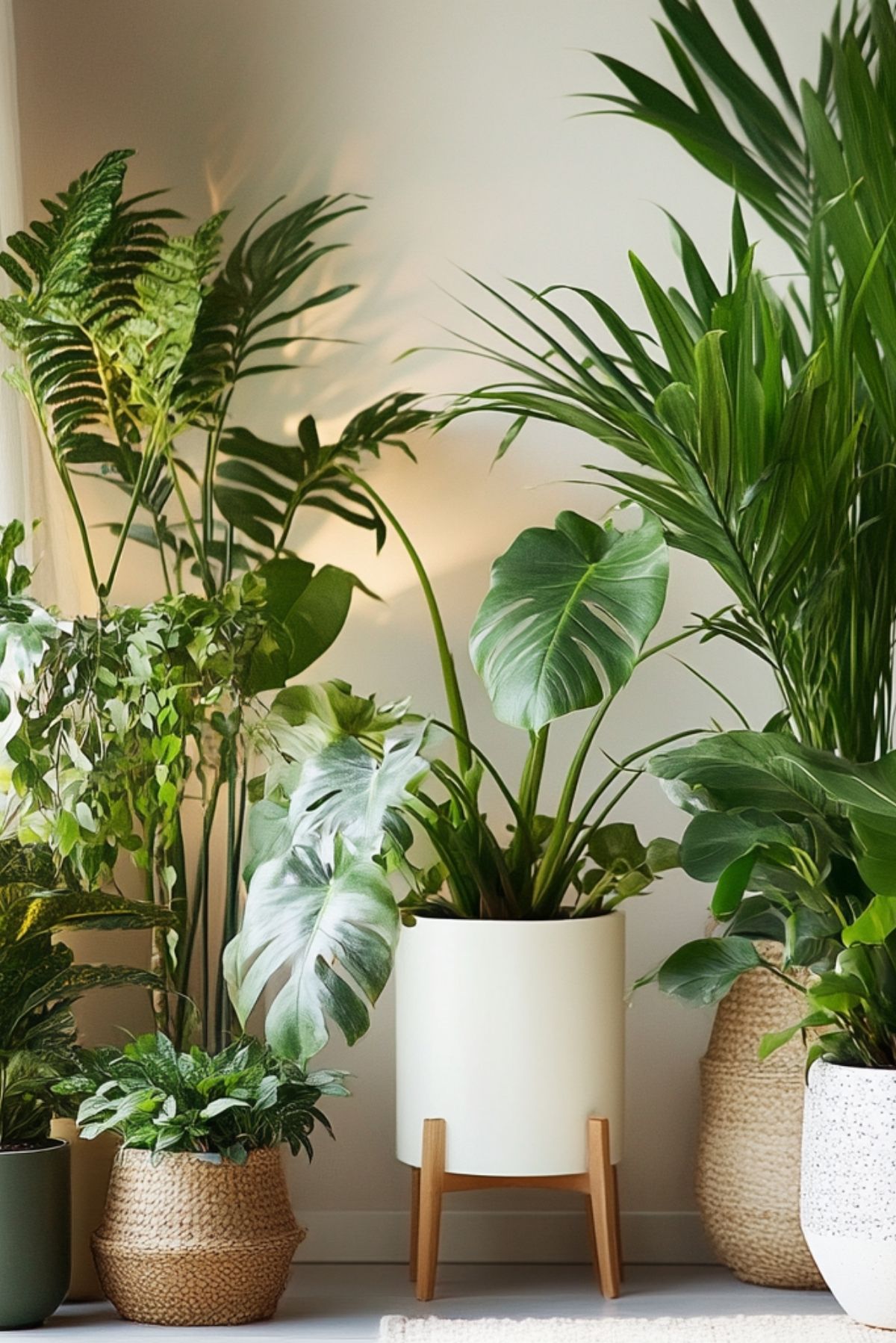Plants are one of the most essential living organisms on Earth, playing a crucial role in maintaining ecological balance and sustaining life. From towering trees in lush rainforests to tiny mosses clinging to rocks, plants are incredibly diverse and vital to our environment.
The Importance of Plants
Plants are the backbone of all life on Earth. They produce oxygen through the process of photosynthesis, absorb carbon dioxide, and serve as a food source for countless organisms, including humans. Without plants, life as we know it would not exist. They also help regulate climate, prevent soil erosion, and provide habitats for various species.
Types of Plants
Plants can be categorized into several groups based on their characteristics and growth patterns:
- Flowering Plants (Angiosperms): These are the most diverse group of plants, including trees, shrubs, and herbs. They reproduce through seeds enclosed in flowers or fruits, such as roses, sunflowers, and apple trees.
- Non-Flowering Plants (Gymnosperms): These plants do not produce flowers and have seeds that are not enclosed in fruits, such as pine, fir, and spruce trees.
- Ferns and Mosses: These plants reproduce through spores instead of seeds. Ferns have complex leaves called fronds, while mosses are small, simple plants that thrive in moist environments.
- Succulents and Cacti: Adapted to arid conditions, these plants store water in their leaves, stems, or roots. Examples include aloe vera and the prickly pear cactus.
How Plants Benefit Humans
Plants provide numerous benefits beyond oxygen production:
- Food: Many plant species are cultivated for their edible parts, such as grains, vegetables, and fruits.
- Medicine: Many modern and traditional medicines are derived from plants, like aspirin from willow bark and aloe vera for skin treatment.
- Shelter and Materials: Wood, fibers, and other plant-derived materials are used for building homes, making paper, and creating textiles.
- Aesthetic and Psychological Benefits: Green spaces and gardens enhance well-being, reduce stress, and improve air quality.
Plant Care and Conservation
With deforestation, climate change, and habitat destruction threatening plant life, conservation efforts are crucial. Here’s how individuals can contribute:
- Plant more trees and flowers to improve biodiversity.
- Avoid excessive use of pesticides to protect beneficial insects and pollinators.
- Practice sustainable gardening by composting and using native plants.
- Support conservation organizations that work to protect endangered plant species.
Conclusion
Plants are indispensable to life on Earth. Their beauty, utility, and ecological importance make them worth protecting and nurturing. Whether growing a small indoor plant or supporting large-scale conservation efforts, every action taken to preserve plant life contributes to a healthier planet.

